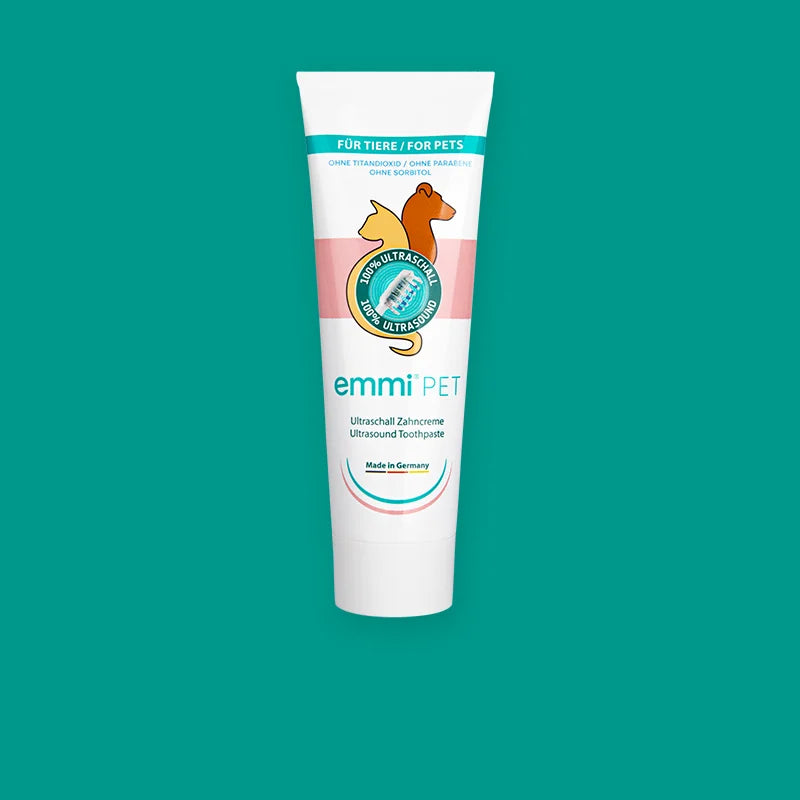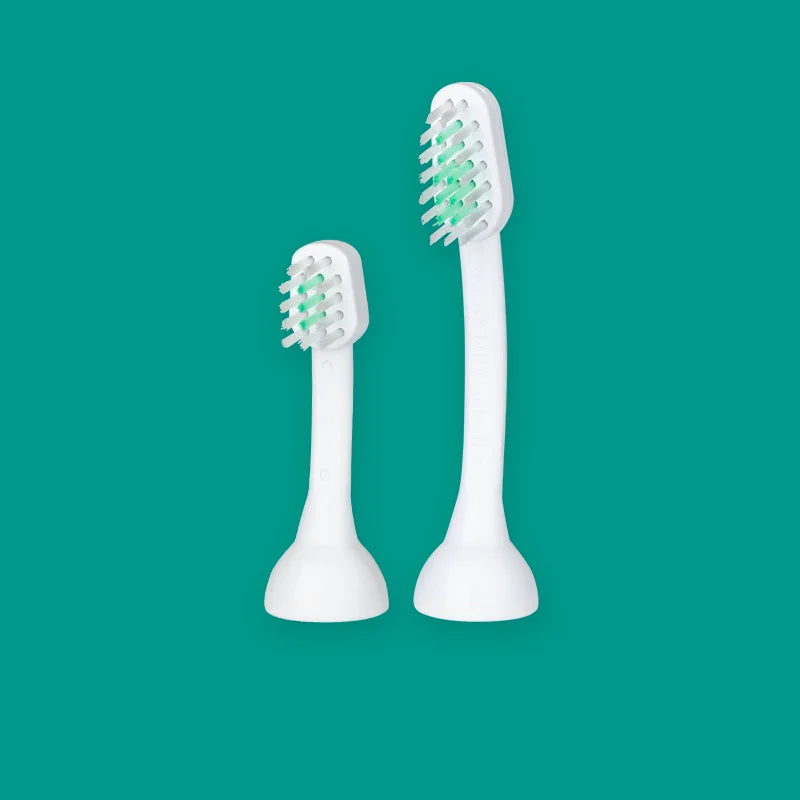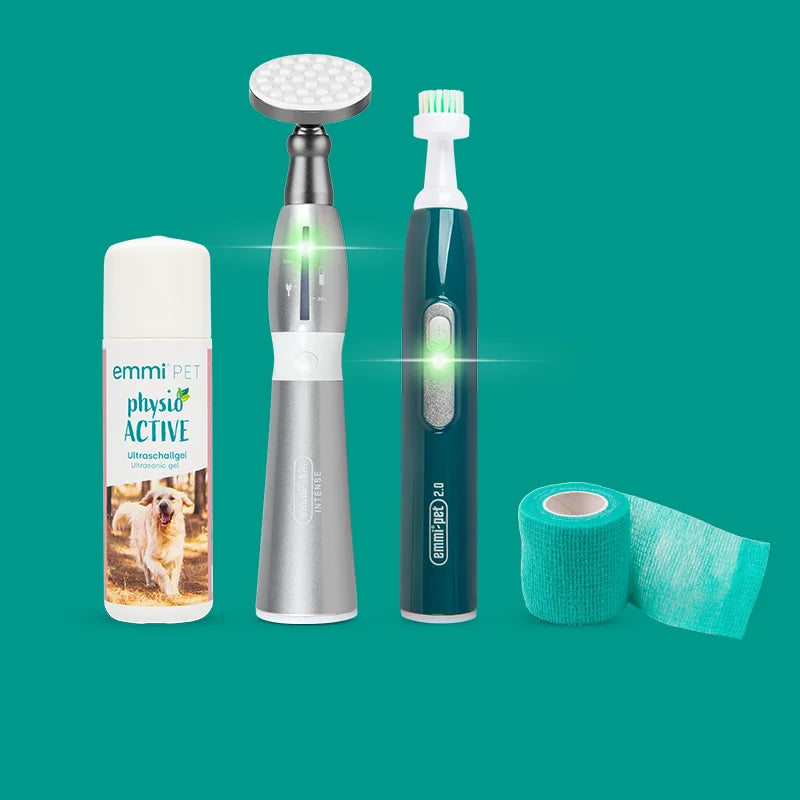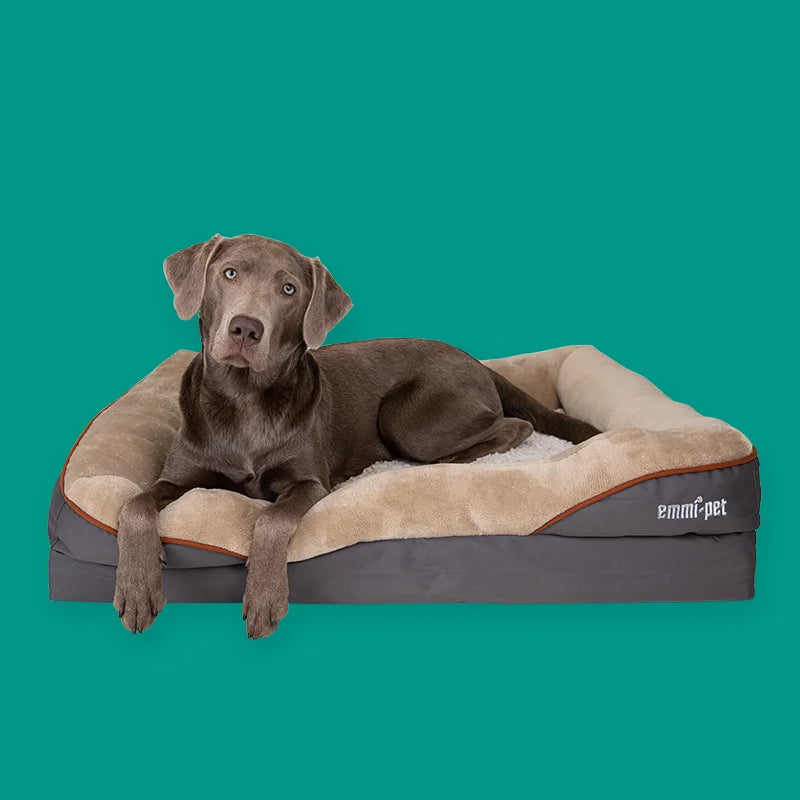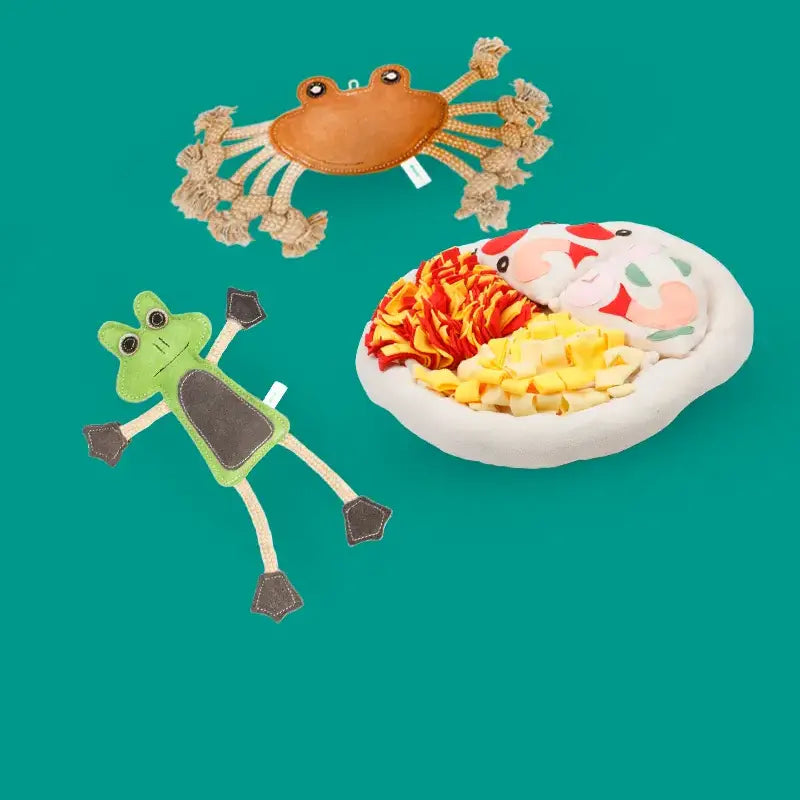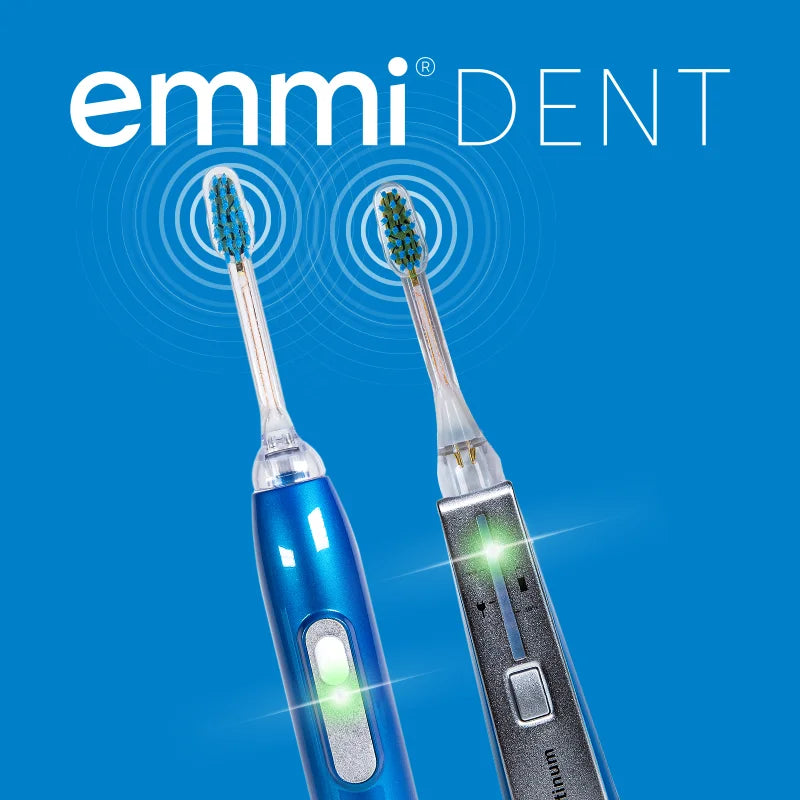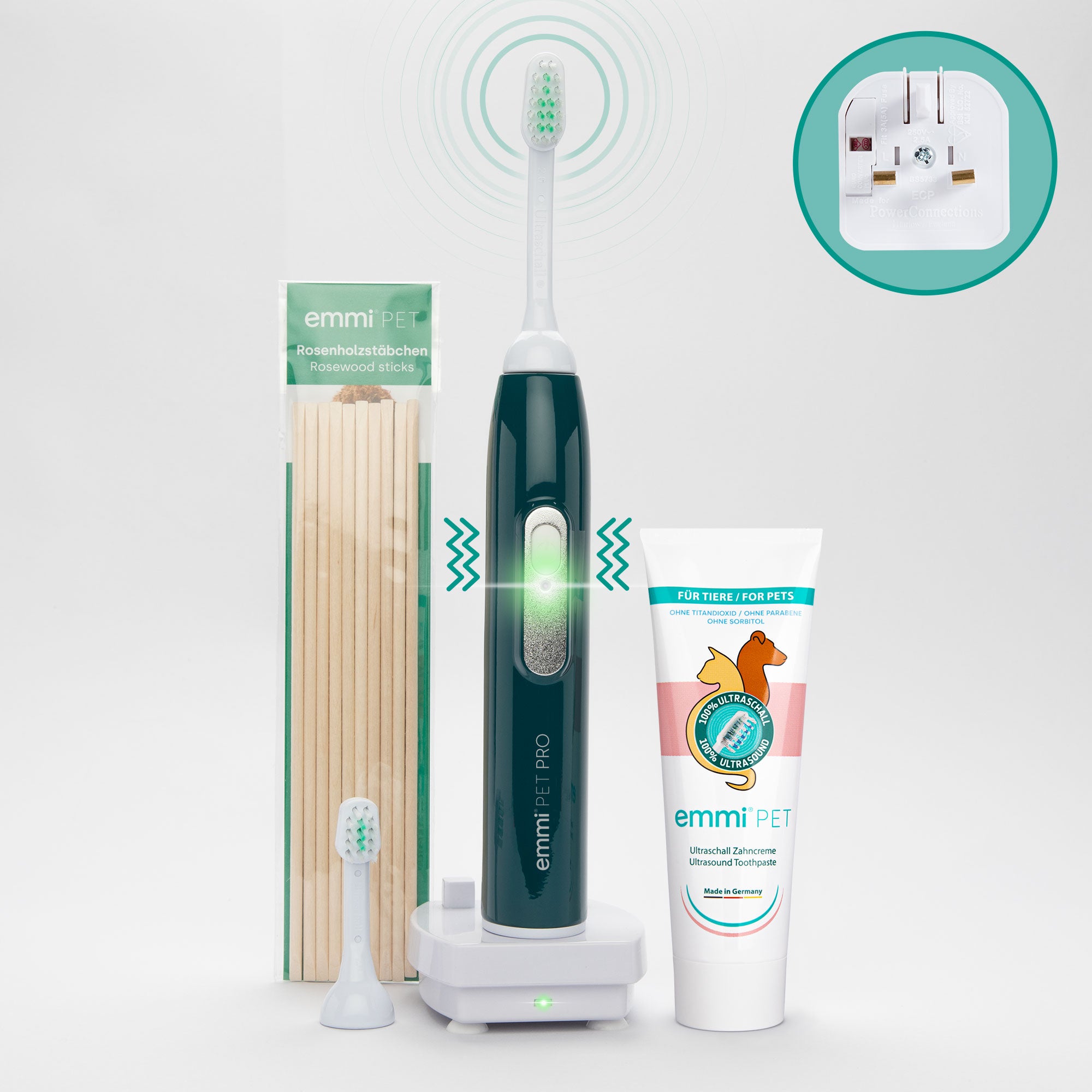In previous blog posts, we've already talked about toothache in dogs and how to recognize toothache in dogs. In today's installment of our four-part series, we'll talk about what can cause toothache in your dog. The causes of toothache in dogs are varied.
Toothache in dogs: The causes
Fractures, such as those commonly caused by broken teeth, are often caused by chewing on stones. Gnawing or biting on hard objects such as large pieces of wood or marrow bones from beef shanks can also cause small and large tooth fractures. Any tooth injury can result in an abscess in the jaw. Inflammation can also result from foreign bodies in the mouth and throat area. Splinters of bone or wood, as well as awns, are among the most common causes of severe inflammation in the mouth and throat area.
In addition to external factors, tartar can also lead to severe inflammation throughout the jaw. Although tooth decay is relatively rare in dogs, sugar cannot be completely ruled out as a cause of periodontal disease.
The causes of toothache in your puppy are just as varied. Injuries to baby teeth and injuries resulting from playing with teeth can also be the cause of dental problems. At this age, dental problems related to teething are also possible.
Inflamed maxillary sinuses, bone inflammation in the jaw area, abscesses, root infections, and fistulas in the mouth, throat, and nose are always accompanied by severe pain. Malocclusions can often be identified by impaired eating.
Toothache in dogs: When to see a dentist?
When you need to take your dog to the vet depends on the dental problem. If in doubt, it's always advisable to seek medical advice. Even if you suspect your dog has toothache, you should consult your veterinarian. Especially if your dog's behavior has suddenly changed or your four-legged friend suddenly appears to be in extreme distress, you shouldn't hesitate to visit your veterinarian.
Refusal to eat and poor food intake are always signs of dental problems in your dog. This becomes problematic when your dog's vital signs already indicate a health problem.
You should be on alert if your dog refuses food altogether. This is a critical point. If this condition persists, your beloved four-legged friend can quickly become weaker. He is at risk not only of dehydration but also of starvation. This requires swift action. In such cases, you should not hesitate any longer and consult a veterinarian.
Dental problems in dogs: When should you see a veterinarian?
You should always consult a veterinarian if your dog's dental problem requires specialized expertise. There are numerous veterinarians who specialize in dental treatment.
Diagnosis by a canine dentist is much more thorough and specific than by a general veterinarian. Regardless of their specialty, your veterinarian will examine your dog's teeth and jaw very closely. If necessary, imaging techniques can be used for targeted diagnostics.
The medical history also includes your dog's previous medical history and general behavioral patterns. Does your dog like to gnaw on sticks, or do you regularly play fetch in meadows and fields? Does your dog like to play with stones, or could a burr from the last walk be the culprit? In addition to a visual dental examination, x-rays and even a CT scan can provide insight into the cause of dental problems.
In the final part of our 4-part series, learn more about toothache in dogs and how you can effectively prevent dental problems through dental care with our emmi®pet ultrasonic toothbrush .

